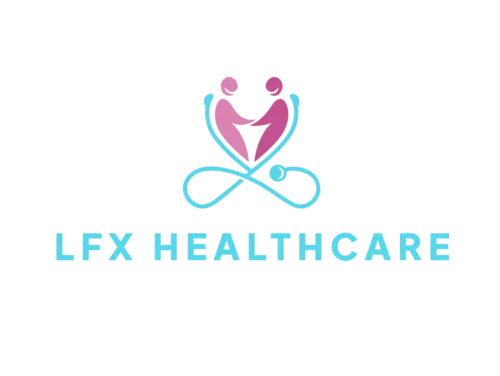The recent Channel 4 Dispatches documentary on Shrewsbury and Telford Hospital NHS Trust has brought to light the severe challenges faced by NHS Emergency Departments. The footage reveals overcrowded conditions, extended waiting times, and patients receiving care in hallways. The Royal College of Emergency Medicine (RCEM) stresses that these issues are widespread, not isolated incidents.
Key Findings
Overcrowding: Persistent patient overflow has led to makeshift care areas, where patients are treated in hallways and other non-clinical spaces.
Long Waiting Times: Patients frequently wait over 24 hours for emergency care, resulting in delays that can critically impact health outcomes.
Staff Shortages: Chronic underfunding has resulted in insufficient staffing and resources, leaving healthcare professionals overwhelmed.
The Root Cause: Underfunding
RCEM President Dr. Adrian Boyle emphasises that these dire conditions stem from long-term underfunding rather than staff incompetence. Key issues include:
Workforce Shortages: A critical lack of doctors, nurses, and support staff, making it difficult to provide timely and adequate care.
Outdated Infrastructure: Facilities are unable to cope with increasing demand, leading to inadequate and unsafe environments for both patients and staff.
Training Gaps: Limited opportunities for continuous professional development have resulted in skill deficits among healthcare workers.
The Human Cost
The consequences of these systemic failures are profound. Patients endure unnecessary suffering, and healthcare professionals face burnout and moral injury due to working in untenable conditions. The emotional and physical toll on staff is immense, leading to decreased job satisfaction and high turnover rates.
Urgent Call to Action
The RCEM calls for immediate and sustained investment in the NHS. Recommendations include:
Increased Funding: To address the gap between demand and resources, ensuring that the NHS can provide high-quality care to all patients.
Workforce Expansion: Strategic planning for the recruitment, training, and retention of healthcare professionals is essential to build a resilient and capable workforce.
Infrastructure Modernisation: Upgrading facilities to meet current and future healthcare needs, ensuring that all patients receive care in a safe and appropriate environment.
Conclusion
The Dispatches documentary is a stark reminder of the urgent need for reform and investment in the NHS. At LFX Healthcare, we are dedicated to supporting healthcare professionals through high-quality training and advocating for necessary systemic changes. To restore trust in our healthcare system, it is crucial to address these issues and ensure a well-resourced NHS for both patients and healthcare workers.
By taking action now, we can prevent further crises and build a healthcare system that truly meets the needs of the population. For more information on how we can help, or to book our training courses, please get in touch. Together, we can make a significant difference in the lives of patients and healthcare professionals alike.

